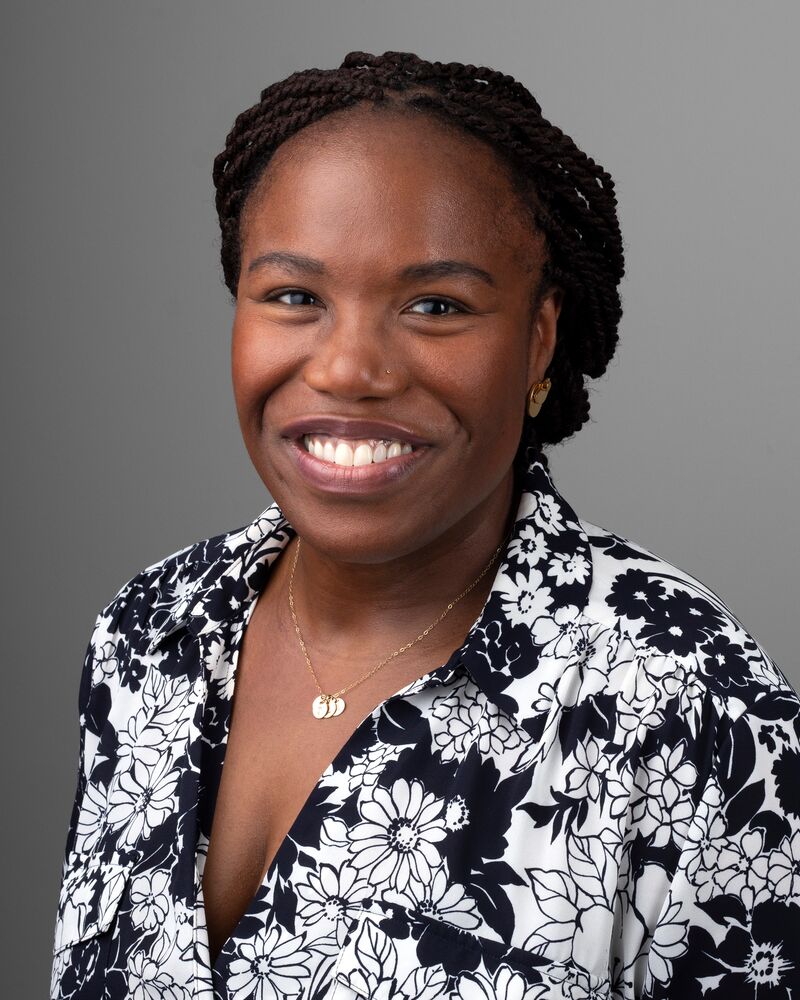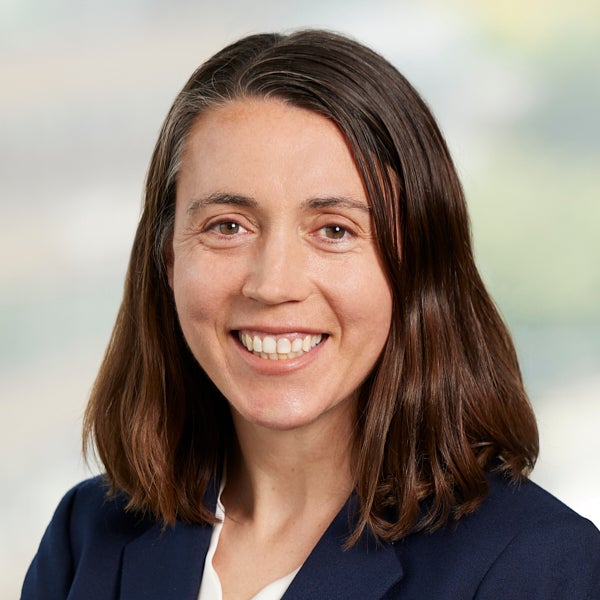Recognizing the promise of LHS requires building capacity through training scientists well versed in LHS competencies. The Boston HEALHS Scientist Training Program targets early to mid-career research faculty and provides two training pathways: 25% FTE or 50% FTE support (to the NIH salary cap) over two years. Under mentorship of the HEAHLS Research Education Core Co-Directors (Drs. Mari-Lynn Drainoni and Marc LaRochelle), and affiliated faculty and mentors, LHS scholars will:
25% FTE
- Build on skills in AHRQ-defined LHS competencies through LHS seminars and mentored LHS research projects.
- Lead a Patient Centered Outcomes Research/ Comparative Effectiveness Research (CER) project. LHS Scientists will select a research topic based on priorities and interventions identified by our patients, community members and health system leaders. Boston HEALHS Research Data Analytics Core leaders Drs. Nick Bosch and Bill Adams will assist scholars to obtain clinical data as needed for their projects and will provide methodological consultation. Assigned research mentors will work with scholars on the research project design.
- Participate in the LHS seminar series (1 hour per month).
- Return to their respective Departments following the training program with new skills and become local leaders with the capacity to participate in and pursue funded LHS initiatives.
50% FTE
- Acquire skills in AHRQ-defined LHS competencies through a tailored learning program that includes seminars, courses, and immersion in multiple mentored LHS research projects.
- Lead a Patient Centered Outcomes Research/ Comparative Effectiveness Research (CER) project. LHS Scientists will select a research topic based on priorities and interventions identified by our patients, community members and health system leaders. Boston HEALHS Research Data Analytics Core leaders Drs. Nick Bosch and Bill Adams will assist scholars to obtain clinical data as needed for their projects and will provide methodological consultation. Assigned research mentors will work with scholars on the research project design.
- Participate in relevant career development programs, in addition to the LHS seminar series (1 hour per month) and experiential learning opportunities throughout BMCHS/BU.
- Return to their respective Departments following the training program with new skills and become local leaders with the capacity to participate in and pursue funded LHS initiatives.
LHS scholars will also have the opportunity to interact with other current LHS scientists and research trainees across the institution. Following the fellowship, LHS scholars are expected to become leaders in health system focused CER research at BMCHS/BU.
Applications for 2025 scholars are CLOSED. Applicants will be notified in March and the 2025-2026 program will begin on July 1.
Who should apply? BMC/BUMC clinician- or non-clinician scientists (e.g., MD, PhD, PharmD, or similar degree) with a strong interest in a research career that involves LHS work. Applicants will be Assistant or early Associate Professors who have previously completed research-focused fellowships or similar research training (e.g., masters-level training in epidemiology, health services research, etc.). We anticipate that most applicants will be at early career stages but will consider mid-career applicants seeking to refocus their professional activities towards embedded LHS research.
How much time is devoted to the training program? There are two LHS training pathways: 25% FTE or 50% FTE.
The effort devoted to activities outside of the training program (e.g., clinical work, administrative work, or other research projects) cannot exceed 50% time for those on the 50% FTE pathway or 75% for those on the 25% FTE pathway.
What support is included for the training program? Depending on which LHS training pathway is selected, LHS scholars receive either 25% or 50% FTE support (up to the NIH salary cap of $221,900) from HEALHS. Department/Sections must demonstrate a commitment to support the balance of salary to permit the agreed-upon level of commitment (25% or 50%) to the training program. Scholars also will receive funding to travel to one conference, project supplies and resources to complete their LHS research projects, and support for publication fees.
Criteria for Selection
- Career development focus on LHS research
- Current areas of research interest, skills, and goals for new skills
- Department/Section’s commitment to and investment in the applicant’s research career development
What is needed for the application?
- A completed LHS Scientist Application, including:
- NIH Biosketch
- A letter of support from Section Chief and/or Department Chair that outlines:
- Strengths of candidate for the LHS training program
- Commitment to covering any salary gap between NIH max and actual salary to permit LHS scholar to commit, depending on LHS training pathway selected, either 25% or 50% FTE to program
- Description of how applicant will spend non-protected time (% clinical, administrative, teaching, etc. outside of program time).
If you have questions or would like more information, please contact Christine Mayotte at christine.mayotte@bmc.org.
Current Scholars

Naima Joseph, MD, MPH
Project Title: Equity in Maternal Health: Antenatal Remote Blood Pressure Monitoring
Naima Joseph MD, MPH will evaluate the effectiveness of remote blood pressure monitoring on mitigating adverse pregnancy outcomes using a target trial emulation approach, an observational causal inference approach that seeks to emulate a hypothetical clinical trial using observational data when a prospective randomized clinical trial is not possible. Birthing patients of color are at disproportionately increased risk for maternal death, severe maternal morbidity and adverse perinatal outcomes, which are mostly driven by hypertensive disorders in pregnancy. The OB-GYN clinic implemented a remote (home) blood pressure monitoring system to better monitor patients at increased risk for hypertensive disorders of pregnancy. In year 1, Dr. Joseph will compare the effectiveness of this remote blood pressure monitoring initiative to usual care for improving perinatal outcomes. In year 2, Dr. Joseph will identify patients who are most and least likely to benefit from the remote blood pressure monitoring to inform subsequent cycles of LHS implementation.

Amy Yule, MD
Project Title: Population Health: Complex Care Management
Dr. Amy Yule will be conducting a mixed methods explanatory sequential design study focused on adults in complex care management with a substance use disorder. She will be comparing the effectiveness of complex care management to usual care for adults with substance use disorders. She will use the findings from the comparative effectiveness study to inform a qualitative study to better understand why individuals with a substance use disorder do and do not respond to the complex care management intervention.
 en
en 
 Français
Français Deutsch
Deutsch Italiano
Italiano Español
Español Tiếng Việt
Tiếng Việt Kreyol ayisyen
Kreyol ayisyen